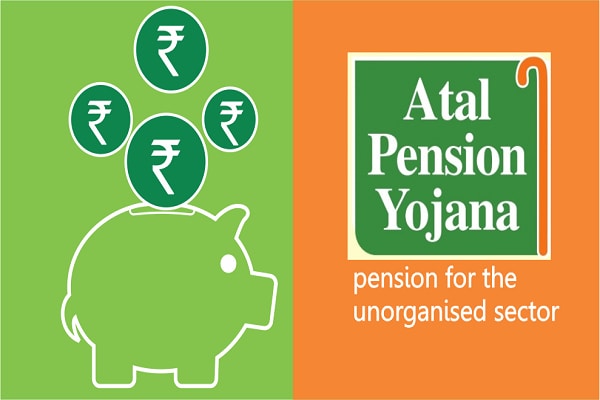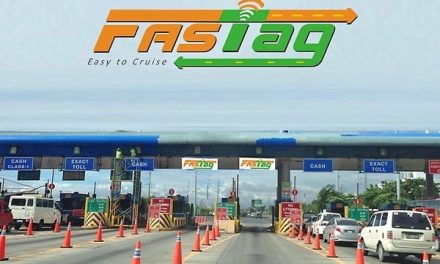Automated Teller Machines (ATMs) or ATM cash withdrawal rule across banks are all set to undergo a change from August 1, following an order from the Reserve Bank of India (RBI), the interchange fee that banks charge after each transaction on the ATM machine will go up.
In June, the Reserve Bank of India had raised the interchange fee on each financial transaction at an ATM to Rs 17 from Rs 15 and fee for non-financial transactions was raised from Rs 5 to Rs 6.
Starting August 1, the interchange fee that banks can charge on Automated Teller Machines (ATM) will see an increase of ₹2 following the Reserve Bank of India (RBI) order.
What is an interchange fee?
The interchange fee is charged by banks to merchants processing payments through credit cards or debit cards.
Why the charges were hiked?
The ATM operators had been pushing for a hike in interchange for some time now but banks were not on the same page on the issue. The central bank in June announced hike in fee. The changes announced are based on the recommendations of a committee set up in June 2019 under the Chairmanship of the Chief Executive, Indian Banks’ Association to review the entire gamut of ATM charges and fees, with a particular focus on the interchange structure for ATM transactions.
The RBI said in a statement that the recommendations of the committee have been comprehensively examined. “It is also observed that the last change in interchange fee structure for ATM transactions was in August 2012, while the charges payable by customers were last revised in August 2014. A substantial time has thus elapsed since these fees were last changed,” the RBI said in the statement.
Stating the reason behind the increase in customer charges, the apex bank said: “Accordingly, given the increasing cost of ATM deployment and expenses towards ATM maintenance incurred by banks / white label ATM operators, as also considering the need to balance expectations of stakeholder entities and customer convenience.”
Free ATM cash transactions every month












